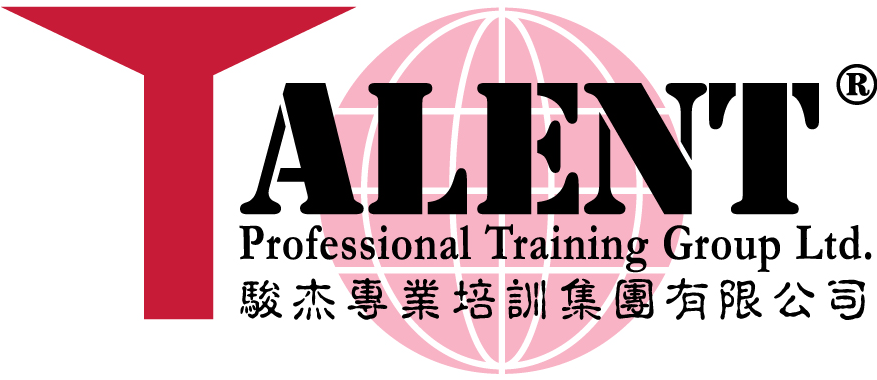Supervisory Management Skills
- Uplifting management competence to cope with management challenges
21st century is rather different from those of the previous centuries.
Not only that the business environment is more competitive than ever, good corporations excel because of team work rather than individual performance.
At the same, the staff no longer perform routine work at the time: rather, they are often faced with projects they have never encountered before. Frontline people need creativity to solve problems as well as expertise to make prudent decisions.
Thus, a new set of supervisory skills is required so that we can serve out staff better and provide the necessary leadership and support so that team performance can be maximized.
Objectives of Supervisory Management Skills:
-
Understand contemporary concepts and principles in Supervisory Management
-
Have a better understanding of the roles of supervisors
-
Appreciate the skills in handling staff from Gen-Y
-
Learn how to motivate and discipline staff effectively
-
Be able to handle good and problematic employees
Sample Outline of Supervisory Management Skills:
-
Understanding Management and Supervision
-
What is management?
-
Relevance with supervision
-
Understand your organizational objectives
-
-
Enhancing Your Supervisory Skills
-
Leading vs. managing
-
Using the right leadership style
-
Practice of effective human relationship skills
-
-
Approaches for Managing Bosses’ Expectations
-
Understanding the thinking of bosses
-
Learning about boss’s leadership style
-
Skills in making suggestions and breaking bad news
-
-
Communicating with Confidence and Professionalisms
-
Importance of Cross-Generation Engagement: handling communication between Gen-X and Gen-Y
-
What are Gen-X and Gen-Y
-
Managing their expectations and communication
-
-
How to listen effectively
-
Keys to effective listening
-
Attentive listening and proactive listening
-
-
How to question professionally
-
Importance of understanding others
-
Major types of questions
-
Usage of closed and opened questions
-
-
-
Managing Problematic Employees
-
Improving Productivity by Managing Departmental Conflicts
-
How to discipline staff
-
The art of giving feedback
-
Positive approach in managing problematic employees
-
-
Strategies in Handling Challenging Situations
-
Why departments conflict with one another
-
Identification of blaming culture
-
Handling disagreements amongst different departments
-
Building a learning organization
-
Contact Talent Professional today for your best suited Supervisory Management Skills solution to uplift management competence to cope with daily management challenges!
Remarks: Program objectives and outlines are for reference only; programs would be tailor-made with clients’ specific requirements.


